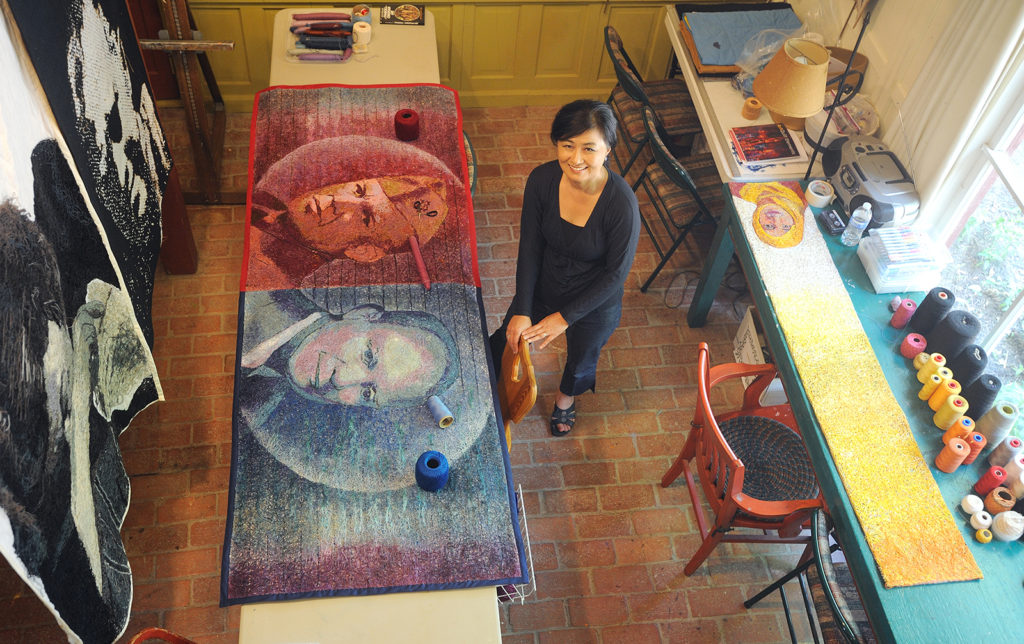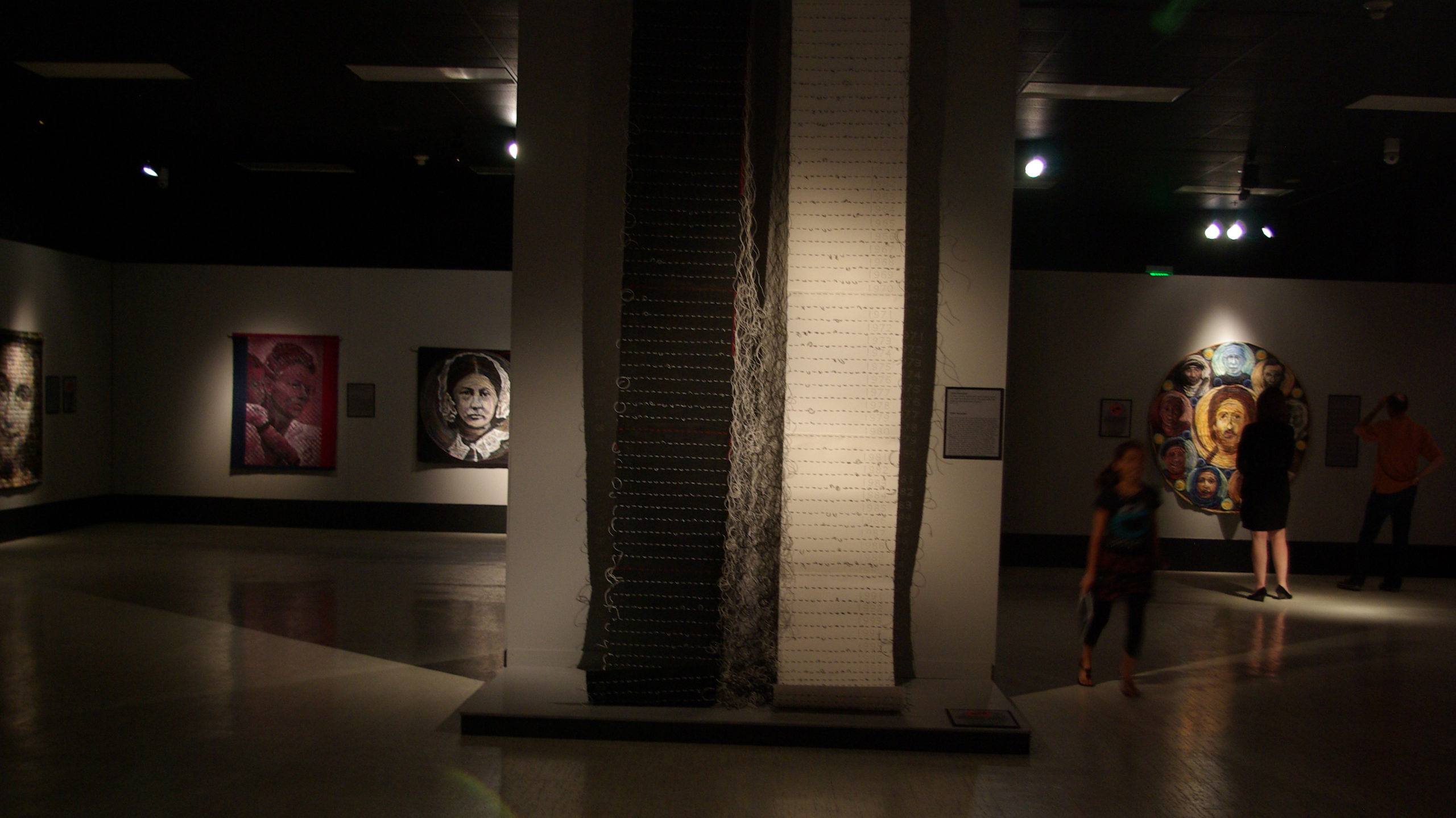
In our increasingly interconnected world, war is always a part of our reality. In spite of how removed one feels from war, its effects are felt on some level in every life.
In my mother’s generation, there was World War II and the Korean War; in mine, it was Vietnam and the Cold War; and for my daughter’s, it is the Gulf Wars, the Drug war, and many other international conflicts. I was born in the generation following the Korean War, a time full of hope, but also a time fraught with a sense of trauma.
When I came to the United States, I realized that this zeitgeist was not limited to Korea. The scars of war are visible as time passes. Wars in this day span the continuum between personal and political. Amidst all the changes and turmoil, what does it mean to be a peacemaker in our time?
Peacemaking cannot be passive.Thus, it becomes a choice of being ignorant and complacent, or of actively seeking awareness. Some of the greatest heroes during war however, are the nurses, chaplains, etc, who are able to demonstrate the depth of human dignity that is possible even amidst demonstrations of the most depraved of human behavior. My work seeks to valorize the small tasks that together yield a great deal of positive energy,yet are overlooked or dismissed by history.
In addition to recognizing the work of the unsung heroes of wartime, my work also seeks to acknowledge the trials endured by victims of war.
I believe we, as humans, are all called to be peacemakers. However, my work is not meant to be didactic or definitive. It is meant, rather, to present the various forms of peacemaking throughout history and my reflections on it: the beginning of a winding thread, not necessarily a neat end.

